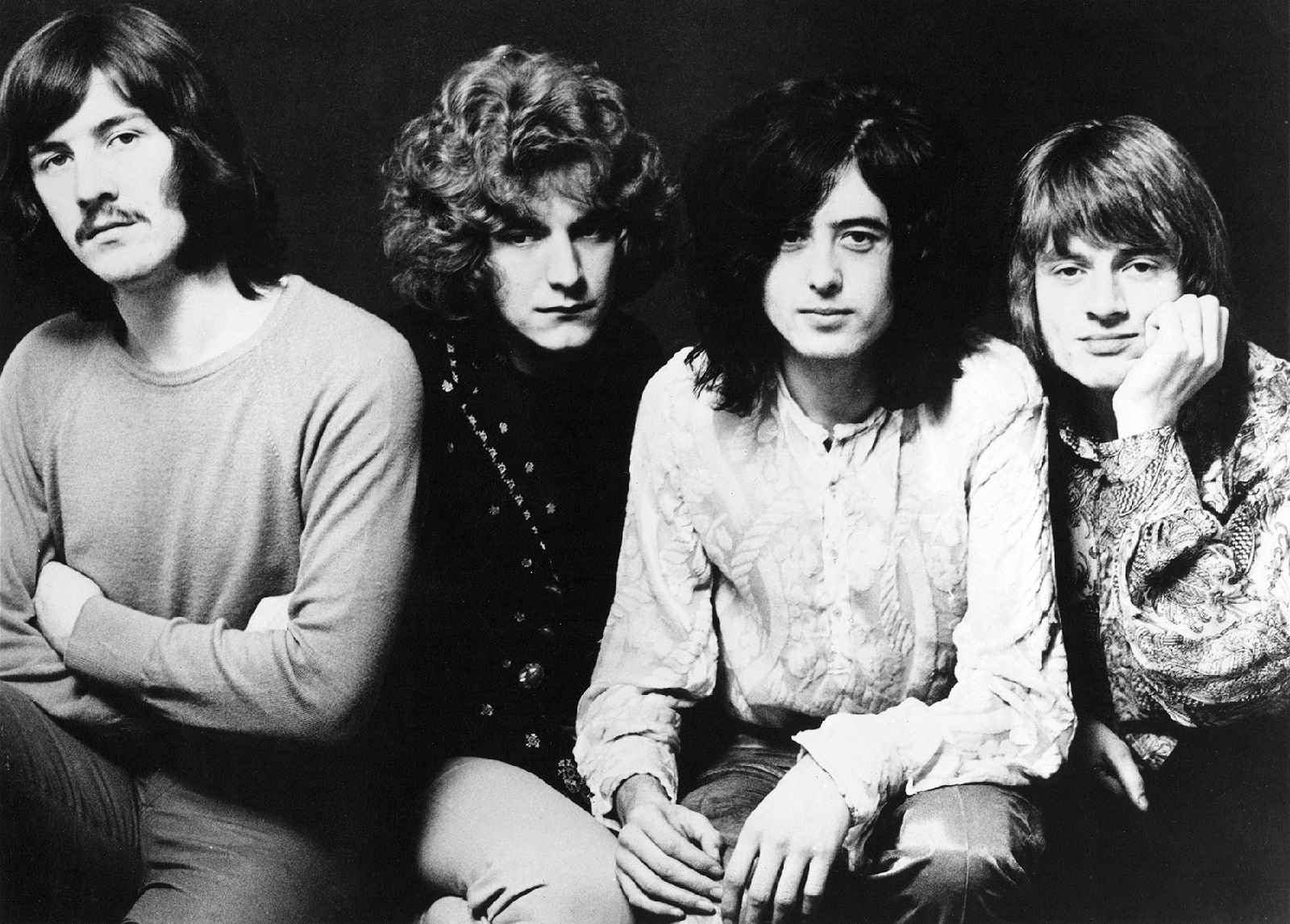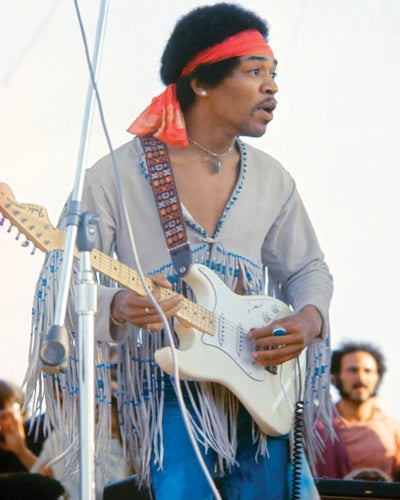Ah, the late 1960s. What a time it was to be young in Britain. It was an era defined by social change, cultural experimentation, and an electric energy that seemed to pulse through the air. For those of us who lived through it, it was impossible not to notice the seismic shift happening in music, with rock becoming more than just a genre—it became the voice of a generation.
In the early part of the decade, British music was dominated by pop acts like Cliff Richard and The Shadows. While their clean-cut image and catchy tunes were enjoyable, they hardly prepared us for what was to come. By the mid-60s, bands like The Beatles and The Rolling Stones began to redefine popular music. Their influence was immense, but it was the latter part of the decade when rock music truly came into its own, evolving into something raw, experimental, and deeply expressive.
The rise of rock in the late 60s was fueled by a convergence of influences and societal factors. Post-war Britain was beginning to shake off its austerity, and young people—empowered by greater access to education, disposable income, and a sense of rebellion—were searching for something that reflected their ideals. American blues played a crucial role in shaping the sound. Artists like Muddy Waters, Howlin’ Wolf, and Chuck Berry inspired a wave of British musicians who blended blues with their own unique styles.
Bands like Led Zeppelin, Cream, and The Who emerged as pioneers of this new rock era. Each group brought something distinct. Cream, with Eric Clapton’s guitar wizardry, blended blues with virtuosity. The Who, with their explosive energy, delivered anthems that captured the angst of the youth. And then there was Led Zeppelin, whose heavy riffs and ethereal lyrics practically defined the blueprint for hard rock and heavy metal.
I remember seeing these bands perform live or hearing their records for the first time. The experience was visceral. You could feel the music—it wasn’t just something you heard. It was bold, loud, and unapologetic. Rock music gave us permission to feel everything deeply, from the rebellious anger of The Who's "My Generation" to the cosmic escapism of Pink Floyd’s "Astronomy Domine."
The late 60s also saw the rise of festivals like the Isle of Wight, which became gatherings for those who shared a love for this new, electrifying music. These events weren’t just concerts; they were cultural milestones. They symbolized a break from the rigid norms of the past and an embrace of freedom and creativity.
Of course, one cannot talk about this era without mentioning Jimi Hendrix. Though he was American, his impact on British rock was monumental. Watching him perform at the Isle of Wight Festival in 1970 (a memory that still gives me chills) was like witnessing an artist paint with sound. He, like so many others of that era, pushed boundaries in ways we couldn’t have imagined.
As I look back, I realize how much rock music of the late 60s reflected the spirit of the time. It was a period of questioning authority, exploring identity, and experimenting with new ideas. The music was a direct expression of that spirit. While the world has changed dramatically since then, the legacy of that era lives on. The records may have been worn thin over the years, but the memories remain vivid.
Rock in the late 60s wasn’t just music—it was a revolution. And for those of us lucky enough to witness it firsthand, it will forever be a defining part of our lives. It lives on, on radio rock show's like those on Affinity Radio and other niche stations today.









No comments:
Post a Comment
Please feel free to comment. Contact us via affinityradio.net@gmail.com